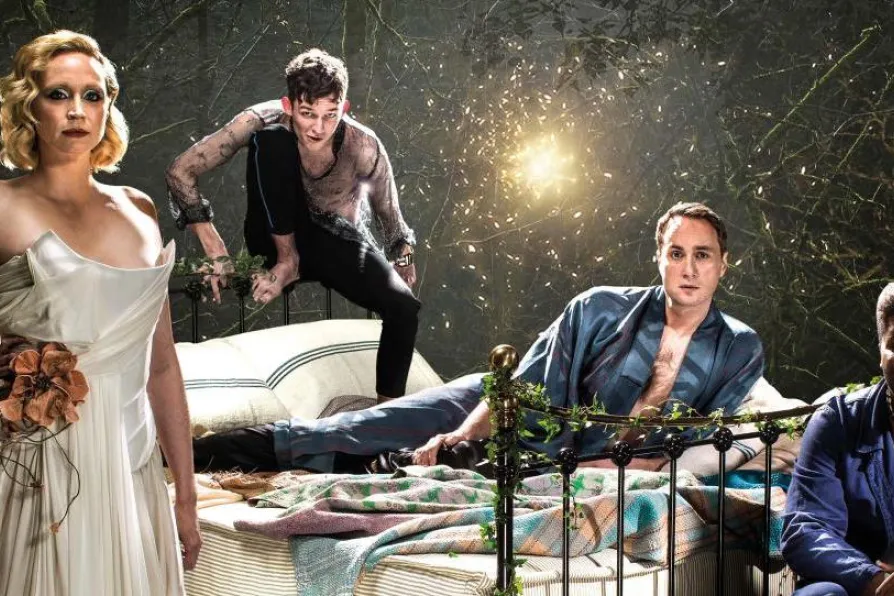New releases from Van Morrison, Tyler Ballgame, and Dry Cleaning

 A Midsummer Night’s Dream
A Midsummer Night’s Dream
DIRECTOR Nicholas Hytner knows better than most how to play an audience and, after years of running the National Theatre, brings this immersive riot of a production to The Bridge with a palpable sense of freedom.
When this production first surfaced last year, it seemed apocalyptic. Now even more so, when only a curmudgeon could refuse to get lost in this beautifully acted, exuberant homage to anarchy, thrillingly designed by Bunny Christie.
We could leave it there but, as so often after a wild party, there is a time of sobering reflection. And one of the effects of viewing a play on screen is that we are no longer caught in the moment. Detached from the energy that in the live show bounces off the walls, we seem to be watching a private rave from the street outside.

Although this production was in rehearsal before the playwright’s death, it allows us to pay homage to his life, suggests MARY CONWAY

MARY CONWAY revels in the Irish American language and dense melancholy of O’Neill’s last and little-known play

MARY CONWAY recommends a play that some will find more discursive than eventful but one in which the characters glow

MARY CONWAY applauds the revival of a tense, and extremely funny, study of men, money and playing cards










